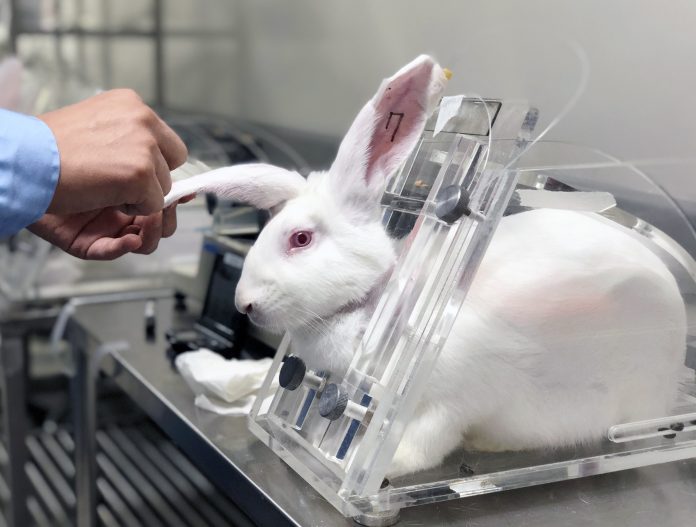The Humane Cosmetics Act (HR5399) has been reintroduced in the U.S. House of Representatives with bipartisan support from Representatives Don Beyer (D-VA), Vern Buchanan (R-FL), Tony Cárdenas (D-CA), Ken Calvert (R-CA), and Paul Tonko (D-NY).
The Humane Cosmetics Act would:
-
Make it illegal to knowingly conduct or contract for animal testing for cosmetic products in the U.S.
-
Prohibit the sale or knowing transport of cosmetics developed or manufactured using animal testing (anywhere in the supply chain).
-
Prohibit the establishment or continued enforcement of any state or local government measure, unless identical to the Humane Cosmetics Act (this provision could impact similar state animal testing bans for cosmetics in California, Nevada, and Illinois).
Eleven U.S. states have already passed similar legislation. California was the first to do so in 2018, followed by Nevada and Illinois in 2019, Virginia, Maryland, Maine, Hawaii, and New Jersey in 2021, Louisiana and New York in 2022. Most recently, Oregon banned manufacturers from selling or offering to sell cosmetics developed through use of cosmetic animal testing, which was signed by the Governor on August 1, 2023 and goes into effect on January 1, 2024.
ADI investigations have exposed the terrible torment endured by animals in cosmetic testing, including racks of rabbits restrained in stocks while products are dripped into their eyes, and guinea pigs suffering raw, inflamed skin lesions. Cosmetic testing typically involves:
-
Repeat dose toxicity, to observe chronic, long-term effects on organs: a product may be pumped down an animal´s throat or applied to its skin, or an animal might be forced to inhale it
-
Skin sensitization, to assess potential allergic reactions: may involve abrading the skin and deliberately causing painful damage
-
Carcinogenicity: animals are exposed to carcinogens and monitored for cell changes related to the development of cancer during or after exposure
-
Reproductive toxicity: animals are exposed to substances before and/or during pregnancy to test for poisonous effects, including its ability to reproduce, as well as damage to the fetus or its development.



